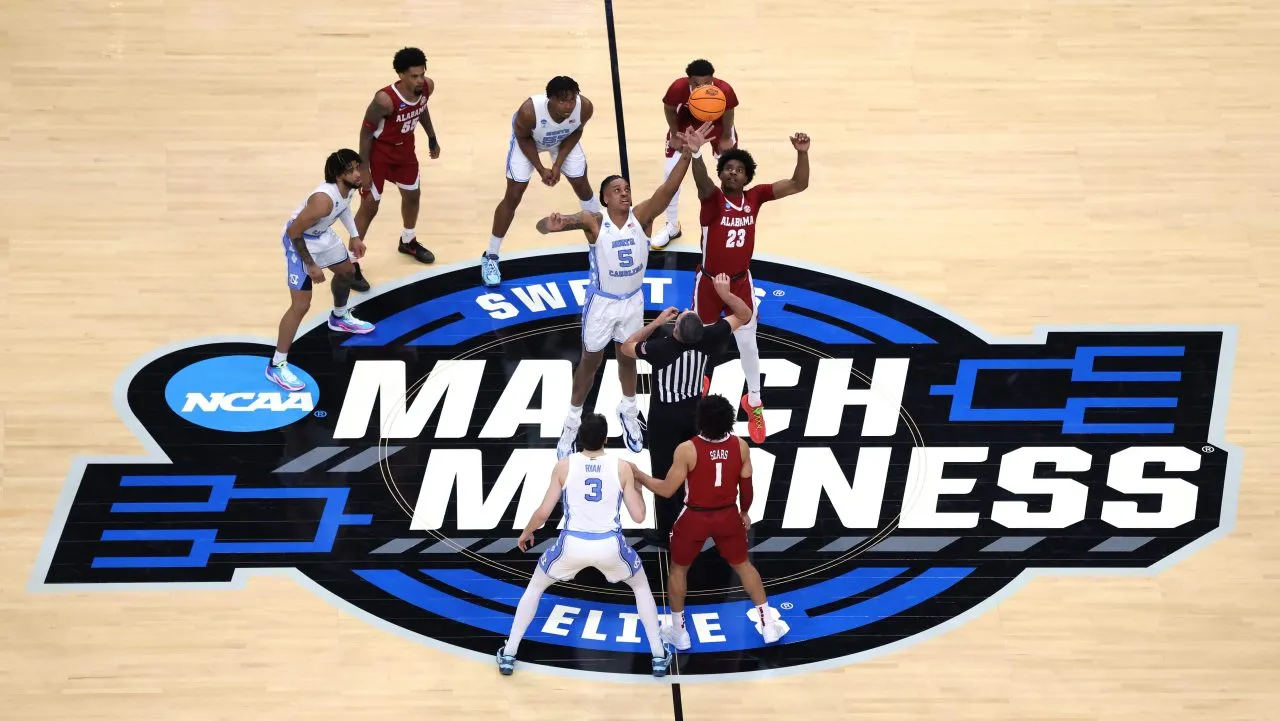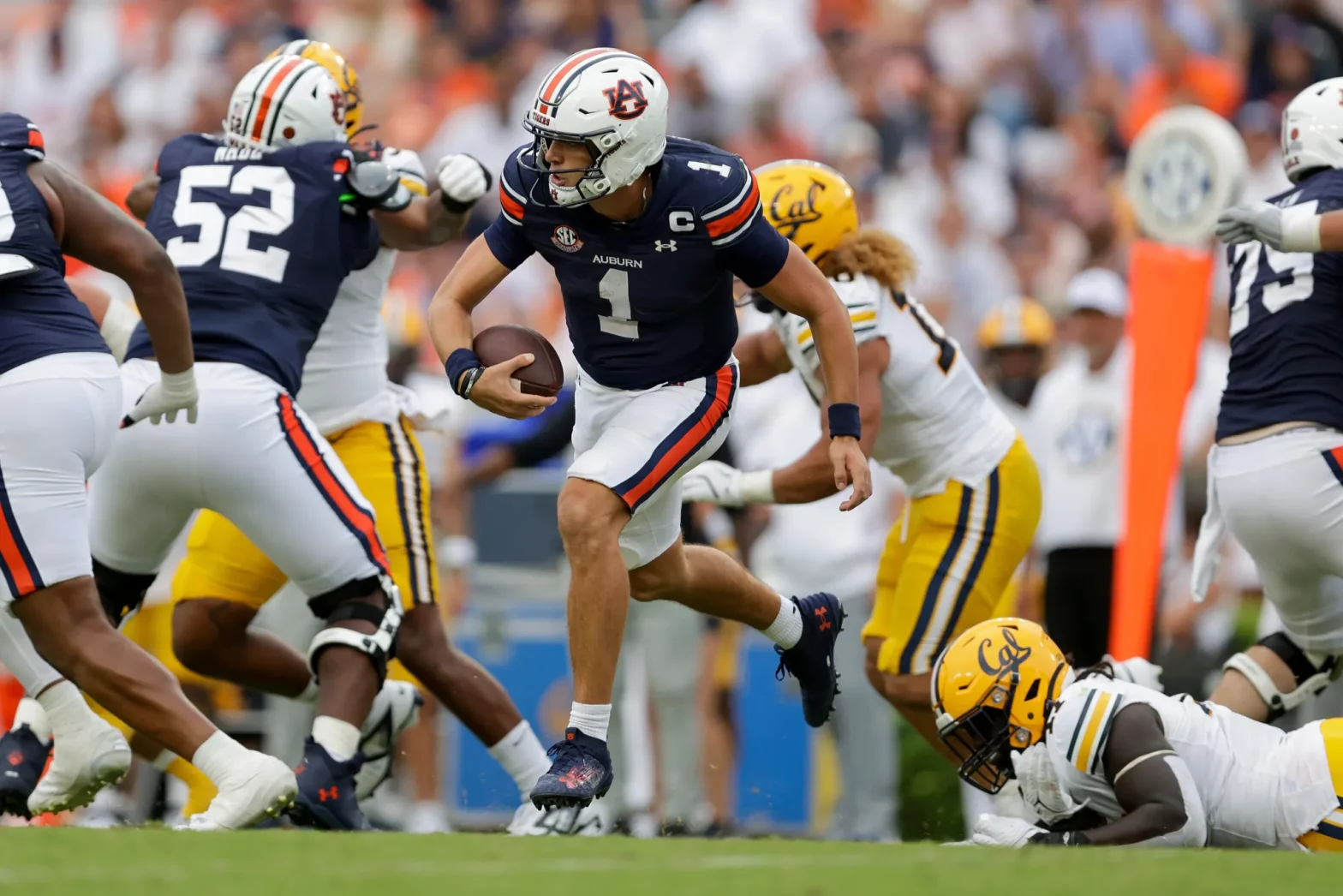The rise of sports betting, particularly prop bets on individual athletes’ performances, is causing significant challenges for college athletes, according to NCAA president Charlie Baker. During a testimony before the Senate Judiciary Committee, Baker highlighted that the consequences of increased betting, such as harassment and coercion, are particularly problematic for student-athletes. These prop bets allow fans to wager on specific statistics, like the number of touchdowns or points an athlete scores, which has led to increased online threats and intimidation when gamblers lose their bets.
Baker emphasized that even athletes who perform well are not immune to these issues. He shared the example of North Carolina basketball star Armando Bacot, who received over 100 harassing messages from disappointed gamblers after his strong performance in a victory over Michigan State. Despite his team’s success, Bacot did not meet specific statistical targets that would have satisfied some bettors. This type of harassment is becoming a troubling trend as prop betting becomes more popular.

The Senate Judiciary Committee hearing was part of a broader effort to assess the impact of legalized sports betting, which has rapidly expanded since 2018 when the Supreme Court allowed states to regulate gambling. Keith Whyte from the National Council on Problem Gambling noted a troubling rise in gambling problems, particularly among young, male, online sports bettors. The surge in betting has created new challenges for athletes and raised concerns about the social and psychological impact of gambling.
To address these concerns, Senator Richard Blumenthal introduced legislation that would place federal regulations on sports betting. His proposed measures include requiring states to gain approval from the Department of Justice, banning prop bets on college athletes, and restricting advertising and promotional offers from betting platforms. Harry Levant, a gambling counselor, expressed concern that the normalization of gambling as part of the sports culture is a significant long-term issue, especially given the addictive nature of gambling.
While there is growing concern about the effects of sports betting on athletes and the public, the gambling industry has resisted calls for greater federal oversight. The industry argues that states and local jurisdictions are better equipped to handle regulation. Currently, 38 states and the District of Columbia have legalized sports betting, with prop bets allowed in 19 states, and this number is expected to grow in 2025. The debate over the need for federal regulations versus state-level control continues to unfold on Capitol Hill.
